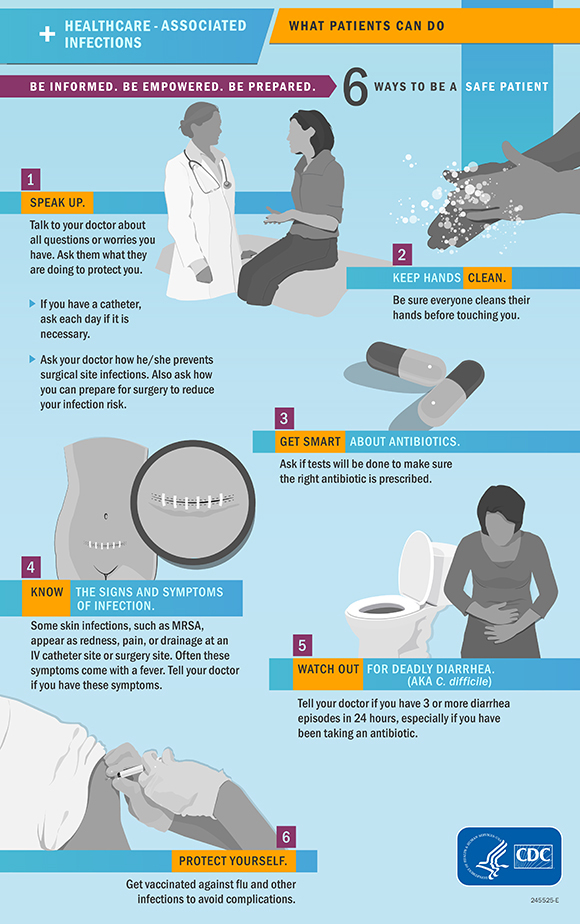Healthcare-Associated Infections Continue to Plague Patients
In a shocking revelation from the CDC"s 2023 National and State Healthcare-Associated Infections Progress Report, it is estimated that healthcare-associated infections (HAIs) are responsible for an overwhelming 100,000 deaths annually in the United States. This staggering figure highlights a disturbing reality in our healthcare system, where despite spending over $505 billion out-of-pocket on healthcare, patients face risks that should be entirely preventable.
Disparities in Healthcare Access Are Detrimental
As reported by the 2023 National Healthcare Quality and Disparities Report, the systemic inequities present in healthcare access exacerbate the impact of HAIs. Communities of color, low-income families, and rural populations are disproportionately affected, further widening the gap in health outcomes. This is not merely an issue of individual health but a profound failure of our public health policy to provide equitable care for all.

Despite Progress, Ongoing Efforts Needed to Combat Infections ...
Healthcare Spending Fails to Translate into Quality Care
The irony is palpable: the National Health Expenditure Fact Sheet reveals we spent more on healthcare than any other nation, yet we lag in health outcomes. With hospital expenditures soaring by 10.4% to $1.52 trillion in 2023, one must ask where this money is going. The lack of accountability and effective oversight in healthcare delivery allows a culture of negligence to persist, leading to preventable deaths from infections that should not occur in modern medical settings.
Public Health Policy Must Center Equity
To address these glaring disparities, we must shift our focus towards policies that prioritize health equity. According to Achieving Equity in an Evolving Healthcare System, an integrated approach that considers social determinants of health is essential for dismantling barriers to care. This involves not only ensuring that healthcare is accessible but also that it is delivered with the highest standards of safety and efficacy. We cannot afford to let the status quo persist.

US Senator Cassidy calls on Kennedy to appear before Senate ...
Innovative Approaches to Reduce HAIs
The time for innovative solutions is now. As demonstrated in the Role of Health Policy in Improving Health Outcomes, effective policy can lead to significant improvements in health outcomes. This might include enhancing infection control protocols, investing in training for healthcare professionals, and implementing rigorous monitoring systems. The current model is failing not only to protect patients but also to ensure that healthcare providers are equipped to deliver safe care.







![[Video] Gunfire between Iraqi security forces and Sadr militias in Baghdad](/_next/image?url=%2Fapi%2Fimage%2Fthumbnails%2Fthumbnail-1768343508874-4redb-thumbnail.jpg&w=3840&q=75)
